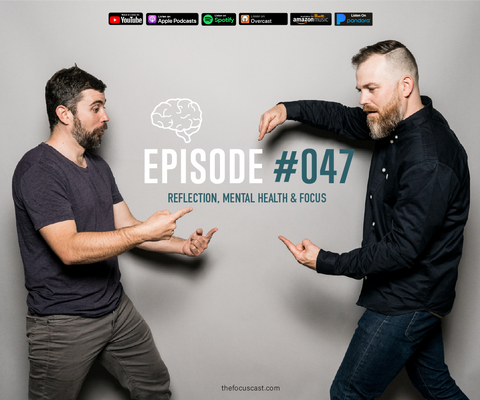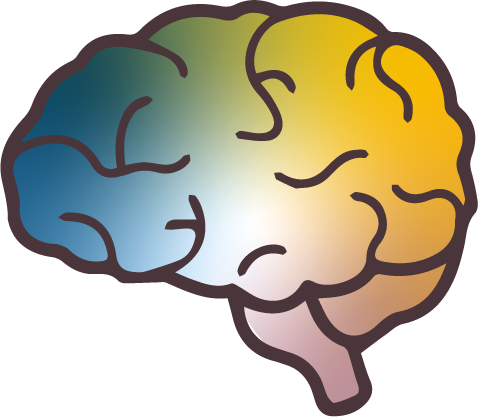
#47 Reflection, Mental Health & Focus
Bro!! It’s about that time of year. As we wrap up another year it often becomes a time of self reflection on the past 12 months. So, what’s the point? Does it even help, what are the benefits? In this episode we’re talking about reflection and Mental health.
LISTEN
PROBLEM
- Self Reflection: to turn our attention inward to consider our own thoughts, memories, feelings, and actions
- So many of our habits, patterns of behavior, and pre-set programming are buried in our subconscious. They operate in a sort of “control room”, directing how we think, feel, and act, often times hurting our well-being (psychologytoday.com)
- Harvard Article: They asked 442 executives to reflect on which experiences most advanced their professional development and had the greatest impact on making them better leaders.
- We processed these reflections through the text analysis program NVivo, a software used in fields like sociology and education, to detect sentimental themes
- Three distinct themes arose through our analysis: surprise, frustration, and failure. Reflections that involved one or more or of these sentiments proved to be the most valuable in helping learn and grow. (Harvard Business Review)
- Surprise, frustration, and failure. Cognitive, emotional, and behavioral. Head, heart, and hands. These parts of you are constantly in motion and if you don’t give them time to rest, they will surely fatigue. Like a muscle, your mind needs reflection to re energize and grow stronger (Harvard Business Review)
- Self-reflection vs Self-rumination: However, maladaptive levels of self-reflection, such as ruminative, self-critical thought in depression, can have detrimental consequences for health and well-being (ncbi.nlm.nih.gov)
- Focusing on depressed mood, problems, and other negative self-experiences has negative outcomes. Increased self-focused attention is associated with depression (Ingram, 1990, Pyszczynski and Greenberg, 1987). In particular, rumination, conceptualized as the tendency to repetitively focus on symptoms of distress and the possible causes and consequences of these symptoms (Nolen-Hoeksema, 1991), is known to be a serious risk factor for depression (Science Direct)
- However, in addition to negative outcomes, self-focused attention can also have adaptive and beneficial outcomes. Self-focused attention, even recurrent thoughts such as rumination, can also be conceptualized as a process of problem-solving or self-regulation and can serve to increase self-knowledge and facilitate psychological adjustment (Martin and Tesser, 1996, Trapnell and Campbell, 1999). (Science Direct)
SOLUTION
- Reflection TookKit: (5R Framework, What, So what, What now)
- Gibbs' Reflective Cycle was developed by Graham Gibbs in 1988 to give structure to learning from experiences.
- Description of the experience, Feelings and thoughts about the experience
- Evaluation of the experience, both good and bad
- Analysis to make sense of the situation
- Conclusion about what you learned and what you could have done differently
- Action plan for how you would deal with similar situations in the future, or general changes you might find appropriate.
- Integrated Reflective Cycle:
- The Experience: Describe the experience
- Reflection on Action: Look at the experience and identify what went well and what could be improved.
- Theory: Think about the experience in larger context of professional literature and your own learning and personal experience.
- Preparation: Using your reflection to prepare yourself for future
- Keep journal, build weekly practice, meditate, long walks, read, minimal stimulation shit.

Comments (0)
There are no comments for this article. Be the first one to leave a message!